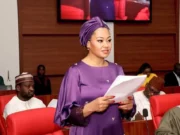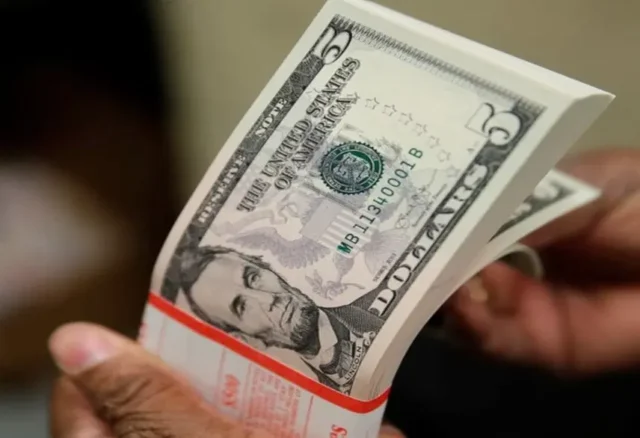In a move aimed at restoring Nigeria’s monetary sovereignty and bolstering the value of its local currency, the Senate has commenced deliberations on a bill seeking to prohibit the use of foreign currencies for payments and transactions within the country. The proposed legislation, titled “A Bill for an Act to Alter the Central Bank of Nigeria Act, 2007, No. 7, to Prohibit the Use of Foreign Currencies for Remuneration and for Other Related Matters,” recently passed its first reading.
Sponsored by Senator Ned Nwoko (PDP, Delta North), Chairman of the Senate Committee on Reparations and Repatriation, the bill seeks to address the widespread dominance of foreign currencies, particularly the U.S. dollar, in Nigeria’s financial system. Nwoko emphasized that this prevalence has marginalized the naira, undermining its value and economic role.
A Vision for Economic Independence
Nwoko described the proposed ban as a blueprint for Nigeria’s economic independence. “While Nigeria gained political independence in 1960, economic independence remains elusive,” he stated. He further noted that the reliance on foreign currencies is a colonial hangover that continues to hinder the nation’s financial autonomy.
The bill outlines several transformative policies designed to prioritize the naira and foster a self-reliant economy. Among these are:
- Ban on Foreign Currency Payments: All salaries, transactions, and payments—including those of expatriates—must be conducted in naira. This policy aims to eliminate discriminatory practices, boost confidence in the naira, and ensure its universal usage across all sectors.
- Mandatory Naira Payments for Exports: The bill proposes that all exports, including crude oil, be sold exclusively in naira. International buyers would be required to purchase the naira, driving up its demand and strengthening its value.
- Elimination of the Parallel Market: By abolishing the informal currency market, the bill seeks to curb unethical financial practices such as currency round-tripping, which has negatively impacted the formal economy.
- Support for Local Manufacturers: Banks would be mandated to offer loans at affordable interest rates to stimulate industrialization and drive economic growth.
- Reform of Foreign Reserve Practices: The bill advocates for storing Nigeria’s foreign reserves domestically to enhance economic sovereignty and reduce exposure to external vulnerabilities.
Toward a Stronger Naira
The proposed legislation is viewed as a critical step in redefining Nigeria’s monetary landscape. It aims to position the naira as the central currency in all financial operations, reinforcing its dominance and eliminating dependency on foreign currencies.
Nwoko stressed that these reforms could lead to a transformative era marked by innovation, cultural pride, and sustainable economic growth. By challenging entrenched colonial-era practices, the bill aims to align Nigeria’s economic policies with its vision of becoming a leader in Africa’s economic resurgence.
If enacted, the legislation is expected to herald a new chapter for Nigeria, rooted in monetary sovereignty, industrial growth, and financial stability. The debate on the bill will continue in the Senate as lawmakers deliberate on its potential impact on the country’s economy.





























